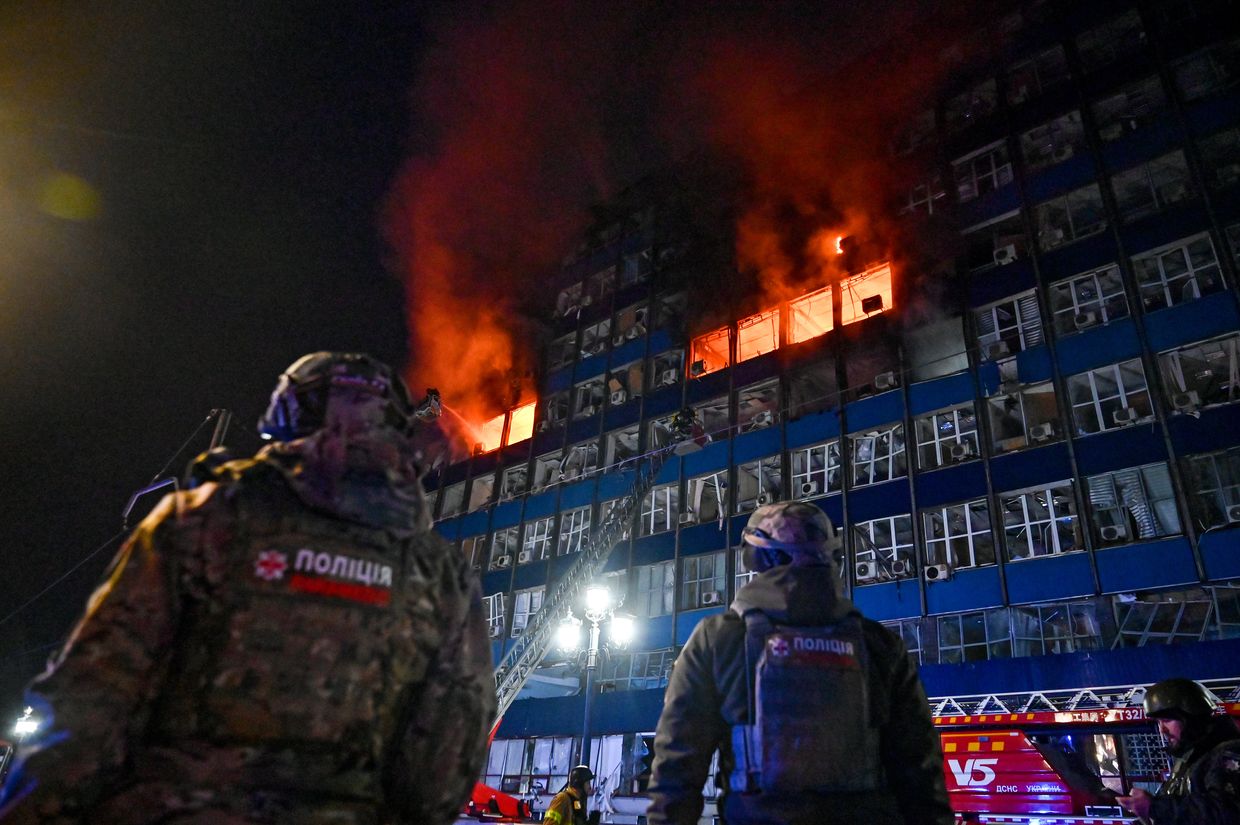Lithuania sends drones, thermal imagers, loaders in new Ukraine aid package, Defense Ministry says

Ukraine received a new military aid package from Lithuania, including domestically-produced drones, thermal imagers, and five-ton telescopic loaders, the Defense Ministry announced on Jan. 20.
"Keeping Ukraine safe means taking care of our security. We have as much time as Ukraine has," Lithuanian Defense Minister Dovile Sakaliene said.
The country has also removed bureaucratic barriers to expedite the delivery of support to Ukraine. Vilnius has committed to prioritizing air defense systems, ammunition, drones, and anti-drone weapons in its 2025 aid packages, along with funding Ukraine's defense industry to boost local production.
Kyiv plans to spend a record $35 billion on arms production in 2025, of which $17 billion will be financed by the Ukrainian government, Defense Minister Rustem Umerov said on Jan. 13.
Lithuania has been a steadfast ally of Ukraine, pledging 0.25% of its GDP annually in military assistance.
By October 2024, Vilnius had provided €840 million ($860 million) in aid, making it one of the top donors relative to GDP, according to the Kiel Institute for the World Economy.











